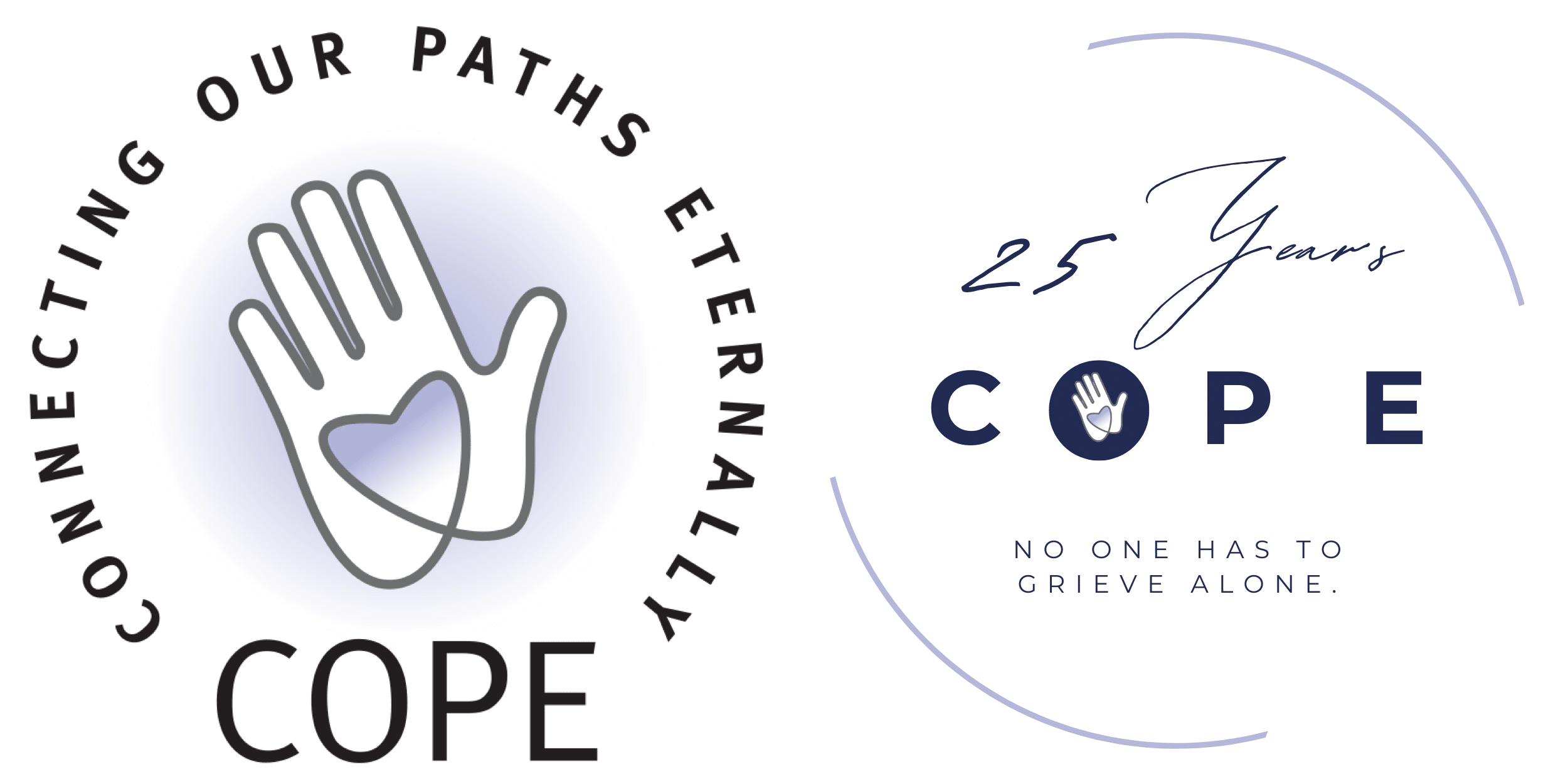Many grievers feel unsupported as their grief continues beyond expectations of mourning time. There are messages in society that display support systems are comfortable when grievers return back to life as ‘normal’ and show they are outwardly functioning. Although intending well, family and friends can miss the mark of true support when they say things like “don’t cry”, “it’s time to get back to work” or question grievers’ decisions to seek professional help after experiencing a death. I remind grievers, we are part of a grief avoidant society, although death is all around us in families, communities and the world at large.
The need to ‘get over’ sorrow is often reflective of people who mean well but want to relate to the griever in the ways they used to. Grievers can also internalize a more Western thinking about grief, believing they are not healing fast enough and placing pressures on themselves to work through their grief reactions quickly. Grief is not a stop point and does not have an end destination; it’s a journey. Grief is a reaction to loss, filled with ups and downs that can feel like you’re on a rollercoaster. It usually changes with time, and new things can arise in your experience even as you gain closure in some parts of your process.
How can we individually create a more open space for grievers to express their feelings? I hear regularly that people around them are afraid to bring up their deceased person and do not always speak about their impact. The silence can further isolate individuals in their experience. On the contrary, many grievers want the names of their loved ones mentioned and like to hear stories about their life and influence.
In our communities we can all remind individuals that grief impacts people in different ways and there should be no rush to return back to life before the death. As a matter of fact, life is forever changed and full of many secondary losses resulting from the death. We should instead focus on what helps grievers in their unique situations. Saying “I’m here whenever you need me” is not enough for the griever who barely knows what they are in need of at the start of their grief journey. Taking action looks like ordering and sending food, paying for laundry service, and offering to chaperone children to an activity that frees up some time for guardians. These acts and many more can speak volumes to the griever who has demands on their time and are trying to navigate through their own feelings.
Grievers also lament that few people check up on how they are doing, especially outside of holidays and anniversary dates. It would be helpful to check in all throughout the year, extend invitations to participate in activities and just chat. No special occasion needed. Author and death doula S. Kelley Harrel states “we don’t heal in isolation, but in community”. Be the community a griever needs today!
Rashida Sanchez, MA, LMSW, FT

